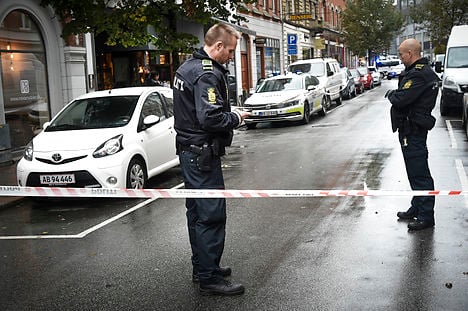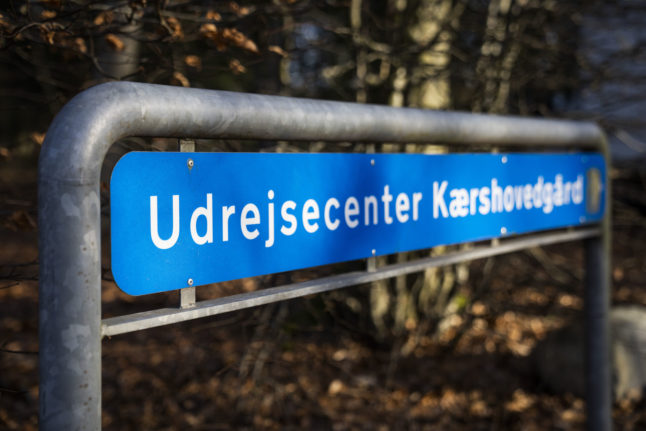CRIME
Crimes by foreigners in Denmark have doubled
A new analysis from the Danish National Police shows that while many categories of crime are either falling or stagnated, the number of crimes committed by non-citizens more than doubled between 2009 and 2015.
Published: 13 October 2016 10:12 CEST

Police respond to a recent jewellery store robbery in Aarhus. Photo: Kim Haugaard/Scanpix
The National Police told Berlingske that 12,566 criminal charges were filed against foreigners last year. According to Chief Jens Henrik Højbjerg, the trend is likely to continue.
“As long as there are such significant welfare differences in Europe, there will be an incentive to leave one’s own country to commit crime somewhere else,” he told Berlingske. “There can be more to gain in the richer countries and one cannot expect that this is a phenomenon that will just stop on its own.”
The National Police analysis showed that it is primarily eastern European criminals who are behind the sharp increase. Romanians are the largest group of foreign criminals but the National Police said that Lithuanians and Poles are also well represented in the crime stats.
The most popular crimes committed by foreigners include robberies, break-ins and data fraud.
Højberg said that much of the crime comes from organized networks.
Cross-border criminality is receiving particular focus in Denmark these days as the country faces a steep uphill battle to remain part of Europol following the Danes’ rejection of a referendum that would have put the country in closer collaboration with other EU countries on justice and home affairs issues.
Url copied to clipboard!


 Please whitelist us to continue reading.
Please whitelist us to continue reading.